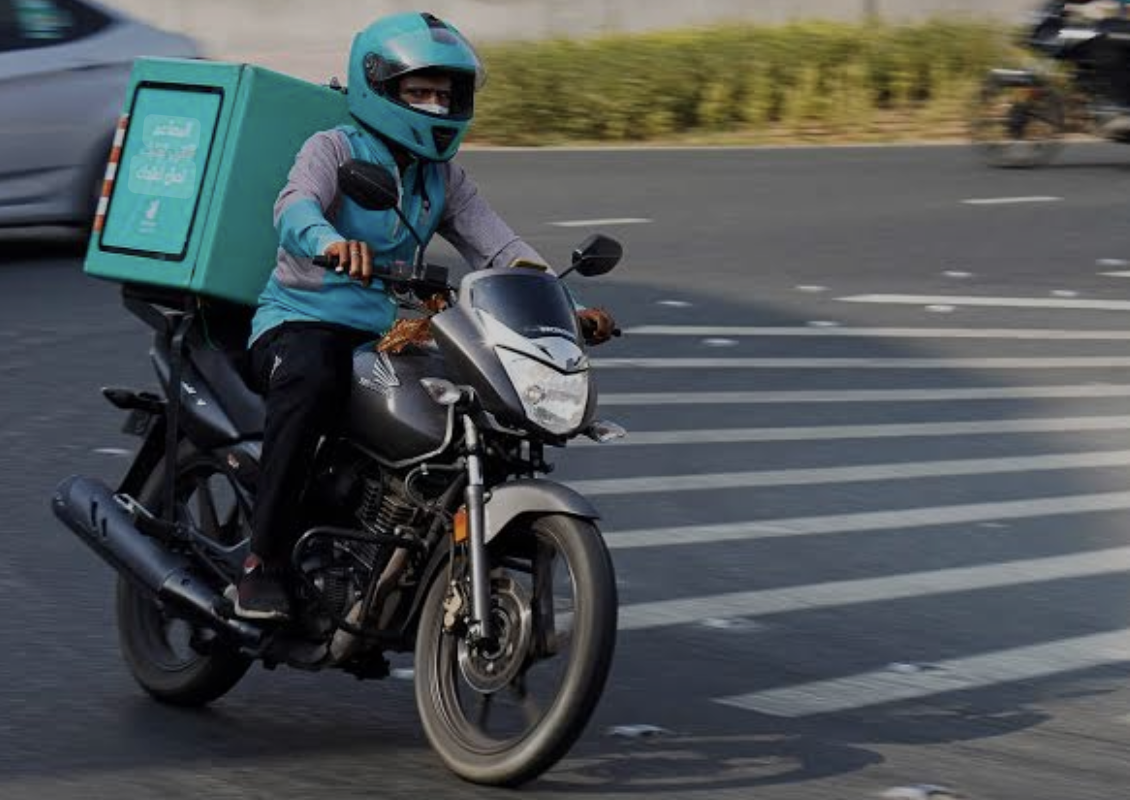In a major boost to worker welfare this summer, the Ministry of Human Resources and Emiratisation (MoHRE) has announced the rollout of more than 10,000 air-conditioned rest stations across the UAE, designed to protect delivery personnel from the scorching heat.
The initiative will run in tandem with the annual Midday Break, which is enforced from June 15 to September 15, and prohibits outdoor work from 12:30pm to 3:00pm.
Developed in collaboration with key government entities and private sector partners, the programme targets delivery riders, who are particularly vulnerable to heat stress due to the nature of their work.
Building on last year’s success, which saw 6,000 rest stations, the expanded network now includes interactive map access via popular delivery apps, enabling riders to quickly locate the nearest cooling zone.
Major partners supporting the initiative include Dubai’s Roads and Transport Authority (RTA), Abu Dhabi’s Integrated Transport Centre, the Departments of Economic Development across all Emirates, Emarat, and delivery platforms such as Talabat, Deliveroo, Noon, and Careem, alongside restaurants, malls, and cloud kitchens.
In addition to rest stations, the Midday Break mandate requires employers to provide shaded areas, cold water, hydration supplies, and first aid kits at outdoor work sites.
The Ministry is also encouraging the public to report violations by calling 600-590000 or using its mobile app and official website.
This initiative reflects the UAE’s continued commitment to labour rights and occupational safety, particularly during the extreme summer months.

